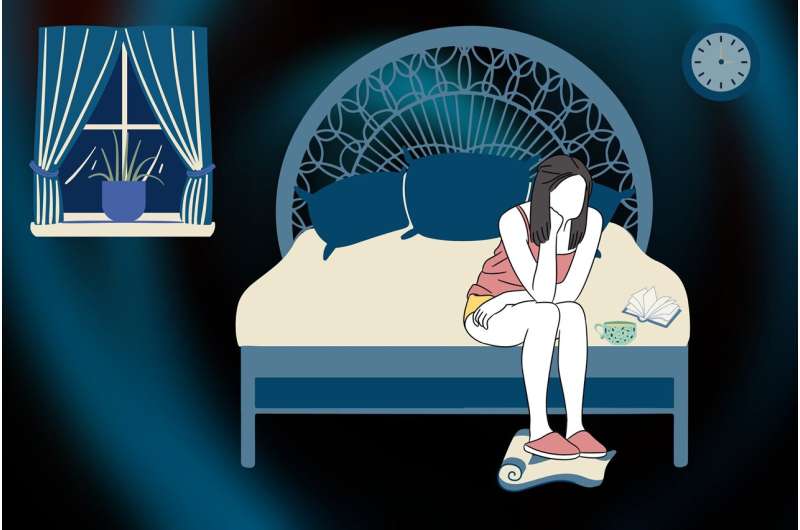'Lifesaving' Ketamine Offers New Hope for PTSD Sufferers

Recent research highlights ketamine's potential as a groundbreaking treatment for PTSD, significantly improving symptoms such as anxiety, sleep issues, and trauma triggers, with promising results from real-world use under medical supervision.
A growing number of Americans are turning to ketamine—an anesthetic traditionally used in surgeries and known for recreational misuse—as an innovative treatment option for depression and post-traumatic stress disorder (PTSD). Recent research from the University of Florida, led by graduate researcher Shahar Almog, indicates that ketamine may offer even broader mental health benefits than previously understood.
When administered under proper medical supervision, ketamine has shown promise in helping individuals with PTSD detach from overwhelming emotions and better process traumatic memories. The importance of such treatment is underscored by statistics from the National Institute of Mental Health, which states that approximately 6% to 7% of U.S. adults will develop PTSD during their lifetime, often alongside other conditions like depression and anxiety. Traditionally, these comorbid conditions are treated separately, but ketamine therapy could potentially serve as a more integrated approach.
The UF study analyzed real-world patients who received ketamine treatments at community clinics. Most of these patients were being treated for anxiety or depression, with nearly half also reporting PTSD. The researchers gained valuable insights into how patients perceive the treatment and how additional therapies, such as talk therapy or art therapy, might influence outcomes.
Lead author Almog explained that ketamine induces a controlled dissociation, allowing patients to view their trauma from a safe emotional distance without re-experiencing fear. This process helps trauma processing while minimizing distress. Remarkably, over 80% of patients with PTSD reported improvements after treatment, including better sleep, reduced anxiety, fewer trauma triggers, and an improved overall quality of life.
The study also observed that patients with PTSD, despite starting with more severe depression, anxiety, and sleep issues, improved just as effectively as those without PTSD. Even though many patients engaged in supplementary therapies, these did not significantly enhance the benefits gained from ketamine alone.
Looking ahead, Almog and Dr. Berry plan to evaluate combined treatment approaches, such as ketamine therapy paired with trauma-informed yoga to promote body-mind awareness and healing. While current evidence shows promising results of ketamine in alleviating PTSD symptoms, further research is necessary to understand optimal use and to prevent potential misuse.
Policy changes are also crucial to improve access to ketamine treatment, including insurance coverage and affordability. Almog emphasized the importance of continued research to ensure safe and effective use, warning against the risks associated with misuse, similar to the opioid epidemic. Increasing regulatory and clinical oversight, along with expanded access, can help make this promising therapy available to more patients in need.
In summary, ketamine presents a hopeful avenue for treating PTSD with promising improvements in sleep, mood, and trauma symptoms, offering a potential lifeline for many suffering from trauma-related mental health conditions.
Stay Updated with Mia's Feed
Get the latest health & wellness insights delivered straight to your inbox.
Related Articles
Six Ways Live Music Can Help Fight Loneliness in Society
Explore how live music fosters social connection, community bonding, and emotional well-being to help combat loneliness in society.
Guidance on Supporting Someone After a Suicide Attempt
Learn how to support and comfort someone after a suicide attempt with practical advice, emotional reassurance, and how to create a personalized safety plan to foster recovery.
Exploring the Interconnection Between Sleep Patterns and Mental Health
Discover how sleep and mental health influence each other, and explore effective strategies to improve sleep hygiene for better emotional well-being.
The Impact of Social Media on Triggering Eating Disorders Among Youth
Social media significantly influences young people's mental health, often triggering and exacerbating eating disorders through harmful content and unrealistic body standards. Experts emphasize the need for increased awareness and regulation to protect vulnerable youth.



